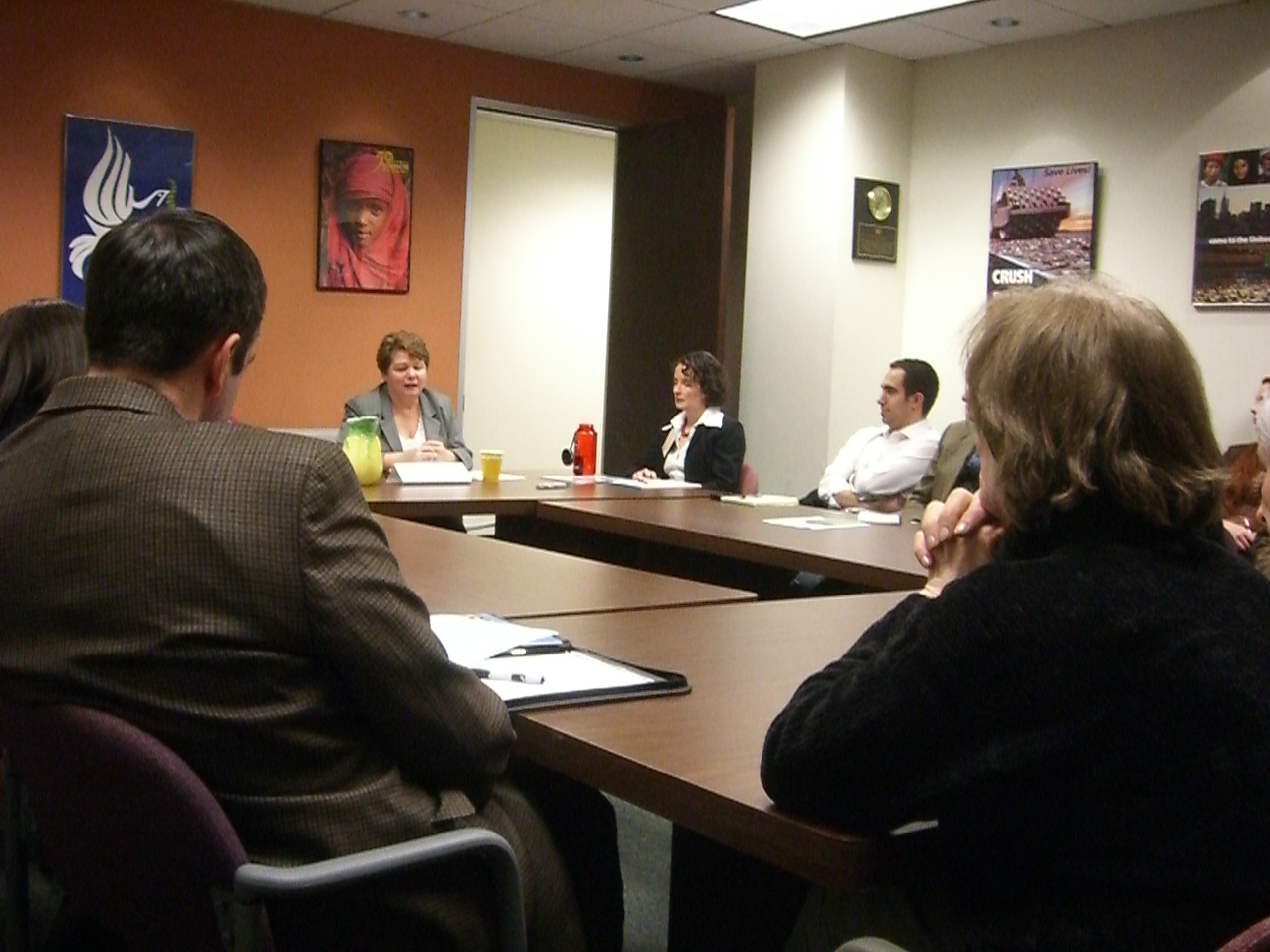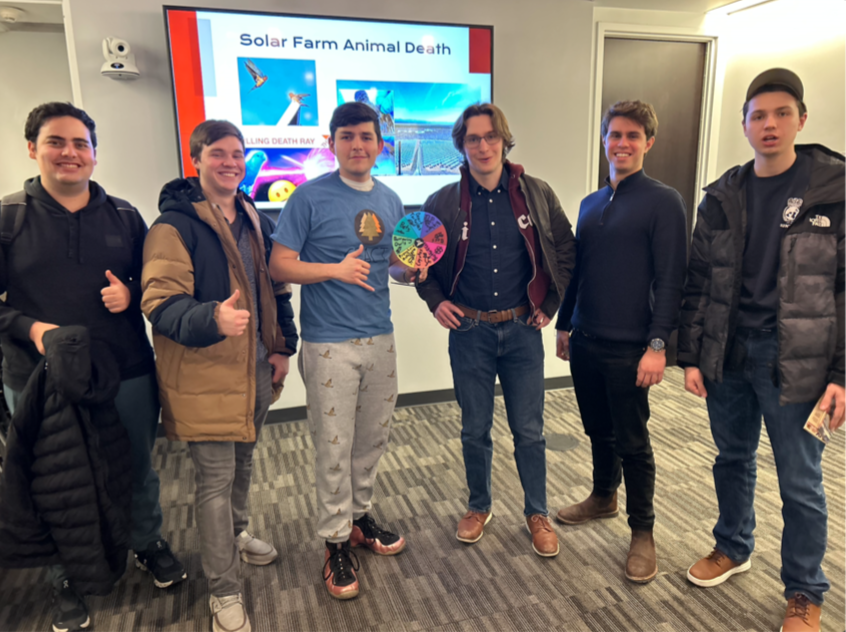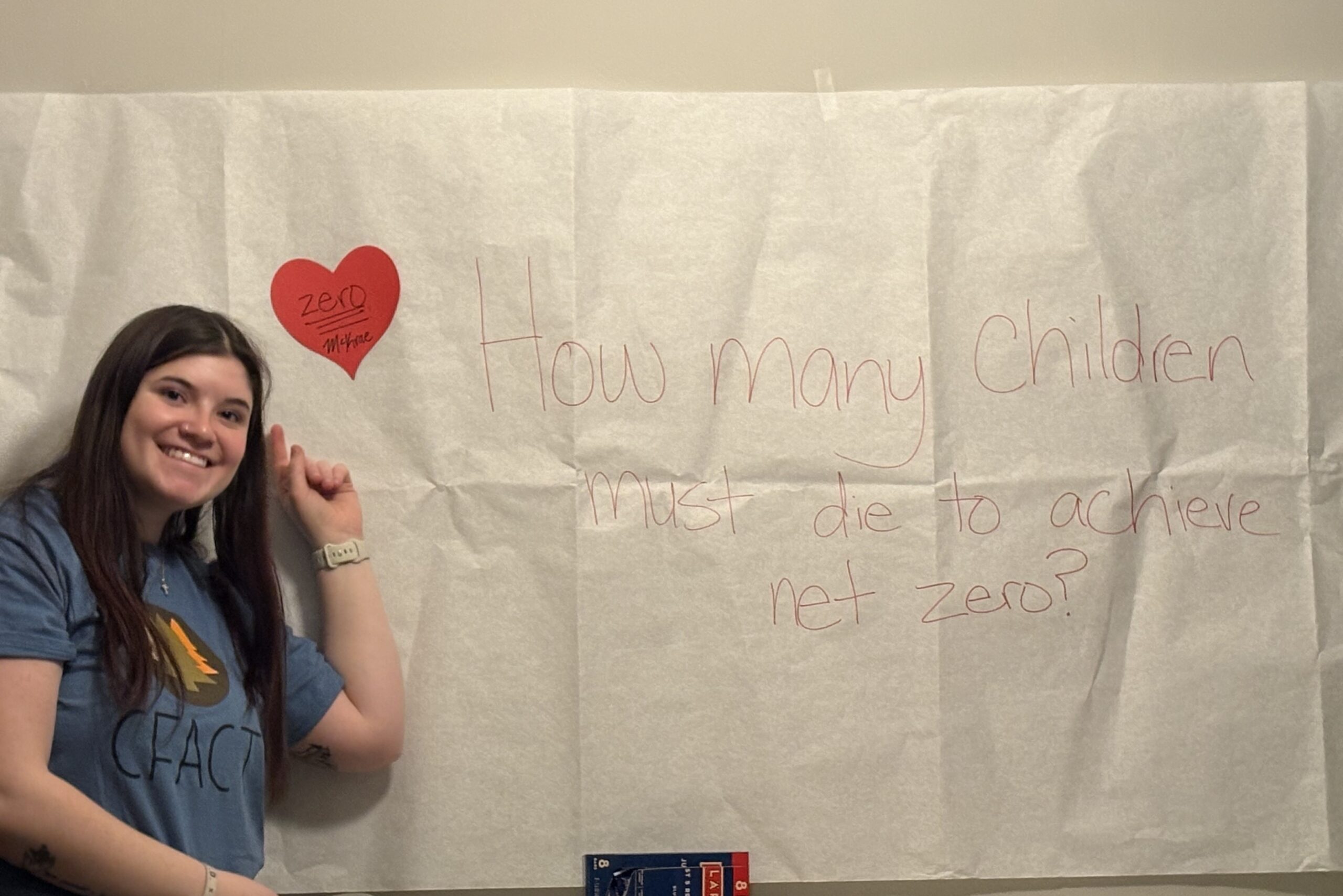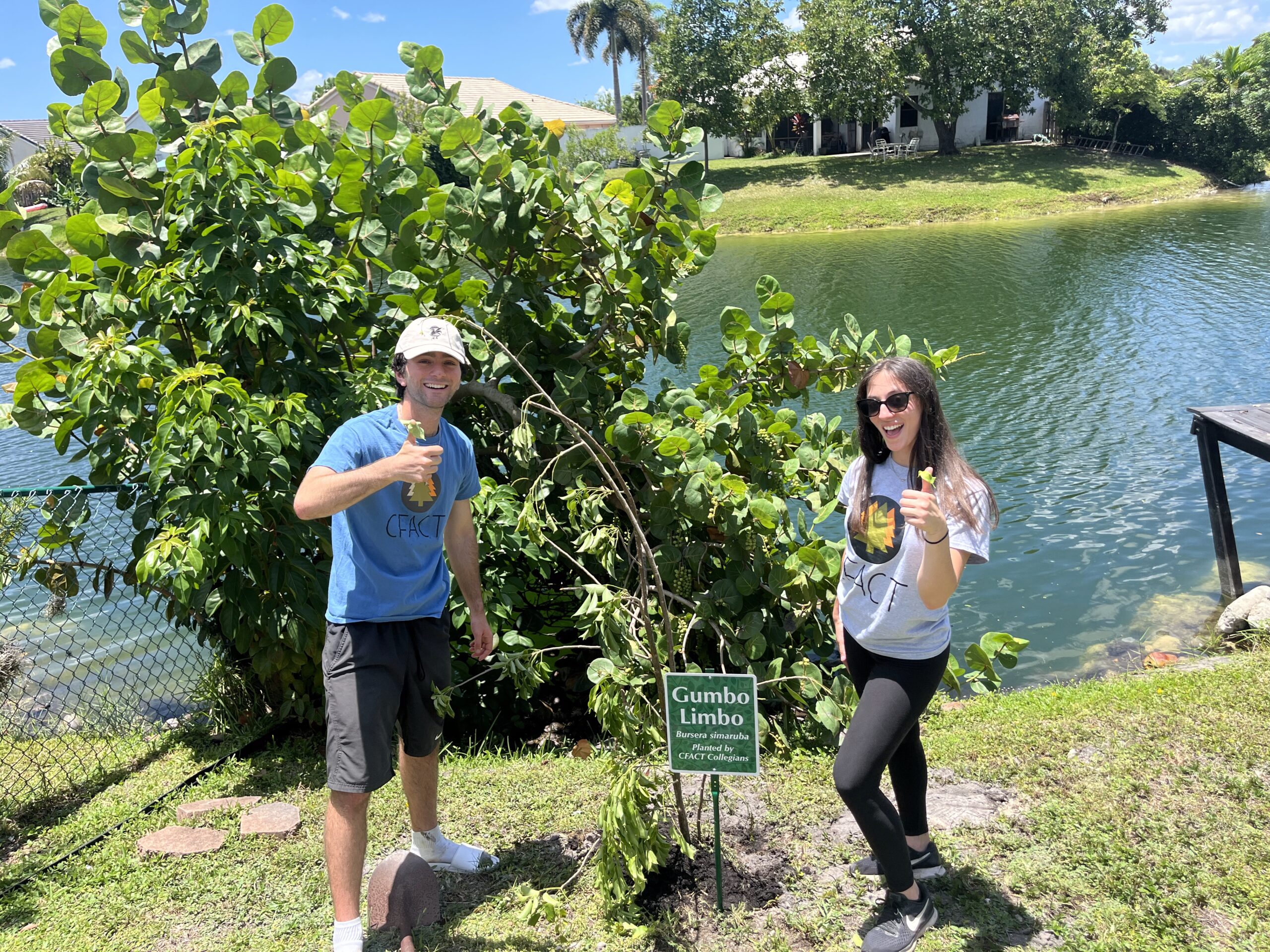 Victory is in the air! Copenhagen was a disaster for global warming alarmists. And they know it. Last Friday, January 22 there was a town hall meeting for NGOs called ‘Moving forward from Copenhagen’ in Washington, D.C. It was hosted by the United Nations Association of the USA’s Council of Organizations. The moderator was Angela Anderson, an alarmist and program director for the US Climate Action Network. This made it clear from the start that they were not interested in a genuine discussion about the issues, but only in finding a new way to push forward their agenda.
Victory is in the air! Copenhagen was a disaster for global warming alarmists. And they know it. Last Friday, January 22 there was a town hall meeting for NGOs called ‘Moving forward from Copenhagen’ in Washington, D.C. It was hosted by the United Nations Association of the USA’s Council of Organizations. The moderator was Angela Anderson, an alarmist and program director for the US Climate Action Network. This made it clear from the start that they were not interested in a genuine discussion about the issues, but only in finding a new way to push forward their agenda.
The mood was one of disappointment and confusion. The global warming crowd has been planning for years to get a strong treaty passed to succeed the Kyoto Protocol. Instead, COP15 produced a vague document that likely will be ignored and quickly forgotten. Anderson said, ‘I dedicated two years of my life to getting an agreement in Copenhagen. Now what?’
Shut out the third-world
Bruce Rich, Senior Counsel for the Sierra Club, is apparently willing to deny 172 countries, including most of the developing world, the right to participate in the policy making process. He declared that the ‘UNFCCC process is a shambles’ and suggested abandoning the UN forum. Given the urgency, he said, the G20 might be a better place for pushing through a global climate change accord.
Carole Conors from the UNA-USA disagreed, praising the transparency of the of the UN process, but suggested that the rules of procedure needed to be reformed away from the current consensus procedure. In other words, everyone is frustrated that China and the rest of the developing world were able to prevent a treaty by walking out on the negotiations.
More propaganda
About the only thing they all agreed on was the need to push their distorted view of the science on the public even more than they have for the past decade. Conors blamed the American public for the Senate’s failure to act on the cap and trade bill: ‘We desperately need public education. The public doesn’t understand this topic. . . . Politicians can’t go way beyond what their constituents want them to do.’ Thank goodness this is still a democracy.
Why they think more ‘public education’ will work is a mystery. If the past two decades of using the news media as a mouthpiece for their propaganda and a major motion picture has been unable to convince the public of their case, it is doubtful there is anything left that can. Now it is the realists’ turn to present their case, and if the failure in Copenhagen reflects public opinion at all, the people are listening.


